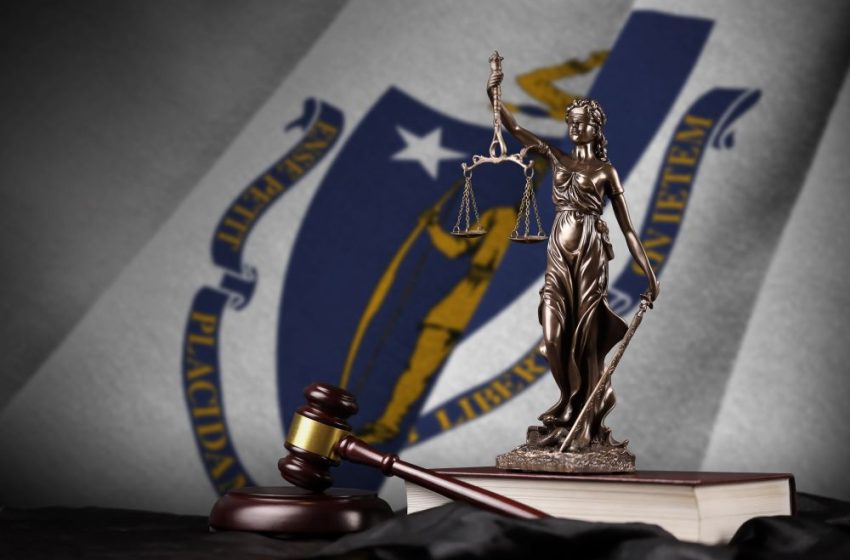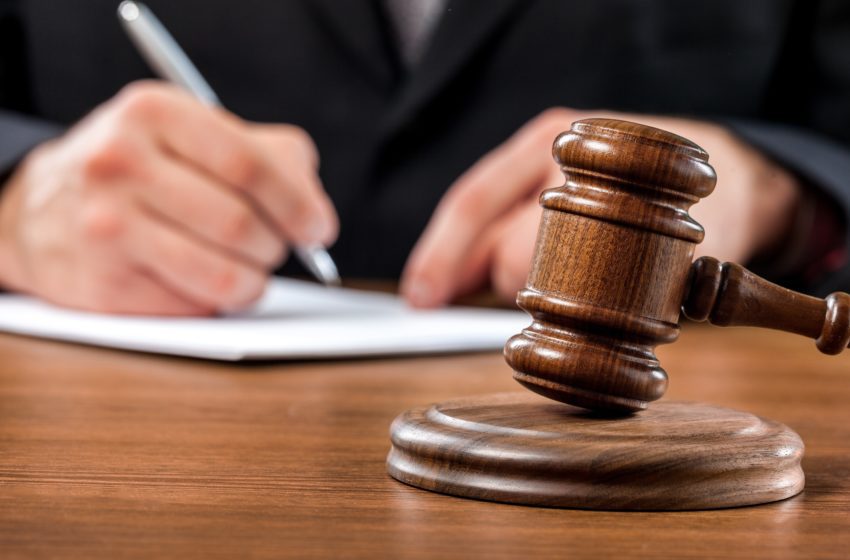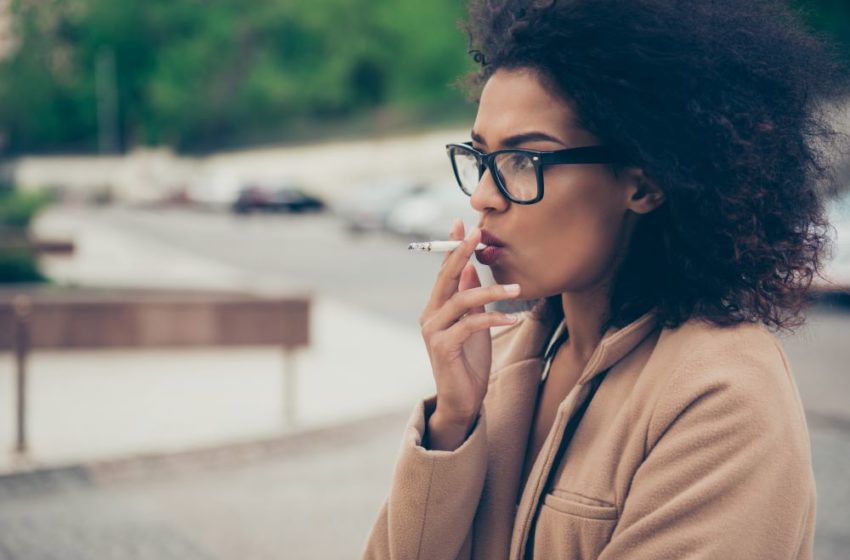The law will effectively ban the sale of tobacco products in the town of Brookline.Read More
Tags :Massachusetts
The deceased could have brought the claim in life, rules Massachusetts judge. Read More
The justices found enough evidence to support a prior jury verdict.Read More
The Massachusetts measure appears counterproductive. Read More
The now-defunct company will pay the state nearly $51 million. Read More
Massachusetts’ ban on flavored tobacco products has shifted rather than reduced tobacco consumption, according to the Tax Foundation.Read More





